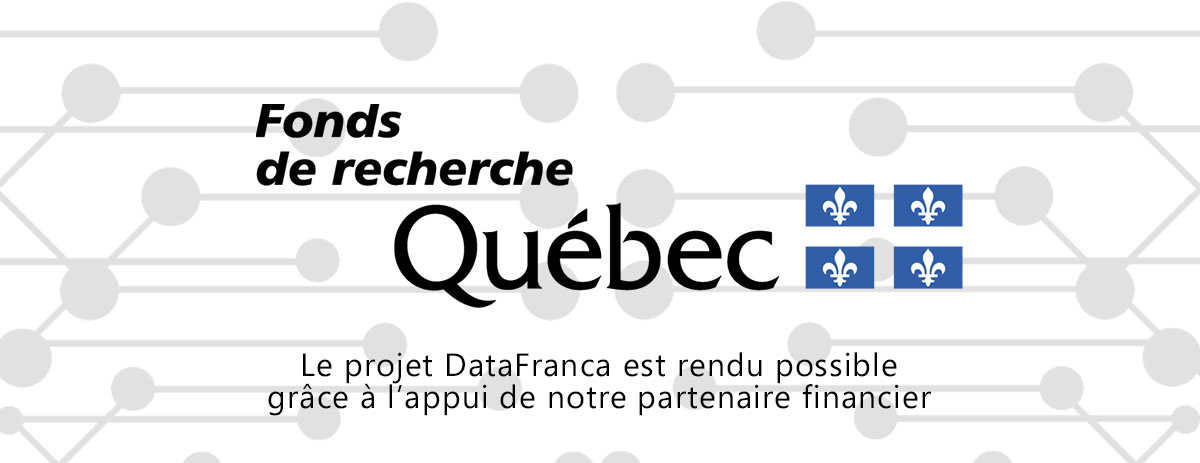« Prolog » : différence entre les versions
m (Remplacement de texte — « Termes privilégiés » par « Français ») |
(nouveau terme) Balise : Éditeur de wikicode 2017 |
||
| Ligne 1 : | Ligne 1 : | ||
== Domaine == | == Domaine == | ||
[[Category:Vocabulary]] | [[Category:Vocabulary]]<br> | ||
[[Category:Intelligence artificielle]]Intelligence artificielle<br> | |||
[[Category:Langage de programmation]]Langage de programmation<br> | |||
[[Category:Programmation logique]]Programmation logique<br> | |||
[[Category:Résolution de problèmes]]Résolution de problèmes<br> | |||
[[Category:Traitement de la langue naturelle]]Traitement de la langue naturelle<br> | |||
[[Category:Coulombe]]Coulombe<br> | |||
[[Catégorie:Scotty]]<br> | |||
== Définition == | == Définition == | ||
Prolog désigne un langage de programmation spécialisé essentiellement basé sur la programmation logique qui est surtout utilisé en traitement de la langue naturelle et en résolution de problèmes. Créé en 1972 par Alain Colmerauer et Philippe Roussel, Prolog découle en partie de travaux antérieurs réalisés dans le projet TAUM (Traduction Automatique Université de Montréal) autour du Système-Q. | |||
== Français == | == Français == | ||
Prolog | |||
== Anglais == | == Anglais == | ||
Version du 19 avril 2019 à 21:01
Domaine
Intelligence artificielle
Langage de programmation
Programmation logique
Résolution de problèmes
Traitement de la langue naturelle
Coulombe
Définition
Prolog désigne un langage de programmation spécialisé essentiellement basé sur la programmation logique qui est surtout utilisé en traitement de la langue naturelle et en résolution de problèmes. Créé en 1972 par Alain Colmerauer et Philippe Roussel, Prolog découle en partie de travaux antérieurs réalisés dans le projet TAUM (Traduction Automatique Université de Montréal) autour du Système-Q.
Français
Prolog
Anglais
Prolog
Prolog is a general-purpose logic programming language associated with artificial intelligence and computational linguistics.[1][2][3]
Prolog has its roots in first-order logic, a formal logic, and unlike many other programming languages, Prolog is intended primarily as a declarative programming language: the program logic is expressed in terms of relations, represented as facts and rules. A computation is initiated by running a query over these relations.[4]
The language was first conceived by a group around Alain Colmerauer in Marseille, France, in the early 1970s and the first Prolog system was developed in 1972 by Colmerauer with Philippe Roussel.[5][6]
Prolog was one of the first logic programming languages,[7] and remains the most popular among such languages today, with several free and commercial implementations available. The language has been used for theorem proving,[8] expert systems,[9] term rewriting,[10] type inference,[11] and automated planning,[12] as well as its original intended field of use, natural language processing.[13][14] Modern Prolog environments support the creation of graphical user interfaces, as well as administrative and networked applications.
Prolog is well-suited for specific tasks that benefit from rule-based logical queries such as searching databases, voice control systems, and filling templates.
Contributeurs: Claude Coulombe, Jacques Barolet, wiki










